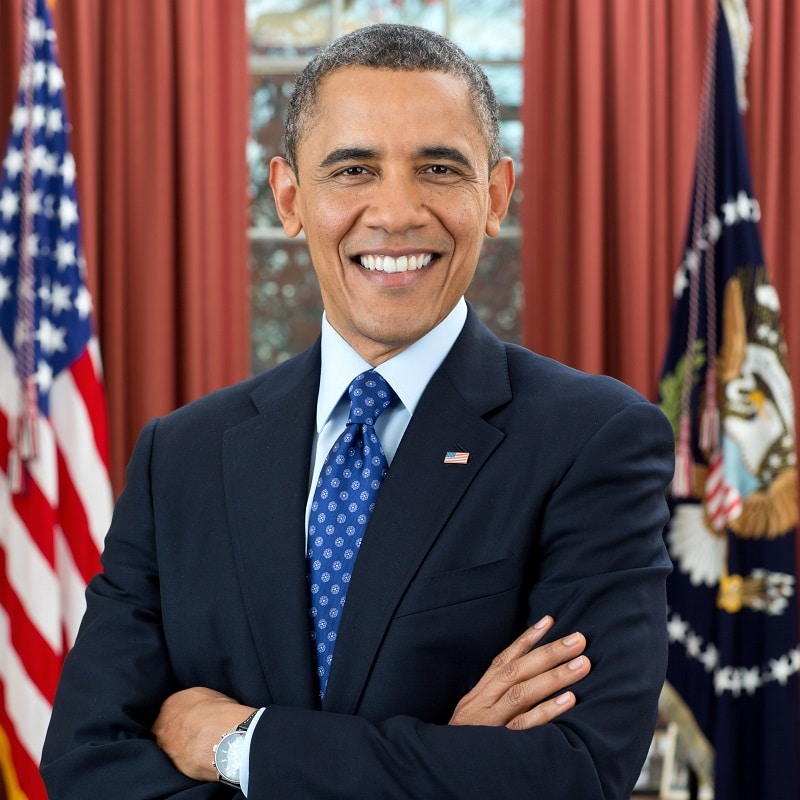President Obama today commuted the federal prison sentences of 95 men and women, all but two of them drug offenders serving draconian sentences. He also issued pardons for two people who have already served their sentences.
Many had been imprisoned since the 1990s. Some were doing life sentences for drug offenses. Most were cocaine offenders, but the commutations also included people doing time for marijuana, meth, and heroin.
This single step nearly doubles the number of sentence commutations the president has issued in his seven years in office, bringing the total to 184. While that is a tiny fraction of the hundred thousand drug offenders serving federal time, the number of commutations is more than the previous five presidents combined.
Recent Republican presidents have tended to be stingier with the commutation power than recent Democrats. Jimmy Carter commuted 29 sentences and Bill Clinton commuted 61, but Ronald Reagan only commuted 13 and the Bush father and son team only commuted 14 between them.
Commutations apply to prisoners who are still serving their sentences, while pardons apply to those who have already completed them. The prisoners whose sentences were commuted today are set to walk out of prison next April.
“Most of the commutations the President has granted have been to non-violent offenders sentenced under those unjust — and now outdated — drug crime sentencing rules,” the White House said as it announced the commutations today. “If these individuals had been convicted for the exact same crime under today’s laws, nearly all of them would have already finished serving their time.”
The president sent a personal letter to each of the 95 people receiving a commutation: “I am granting your application because you have demonstrated the potential to turn your life around,” he wrote. “Now it is up to you to make the most of this opportunity. It will not be easy and you will confront many who doubt people with criminal records can change….But remember that you have the capacity to make good choices. By doing so you will affect not only your life, but the lives of those around you. You will also influence, by your example, the possibility that others in your circumstances get their second chance in the future.”
President Obama has taken other steps to address harsh drug war sentencing, including supporting and signing the Fair Sentencing Act, which reduced the disparity in crack and powder cocaine sentencing; creating a task force on 21st Century policing, and launching the Smart on Crime initiative, which includes the Justice Department modifying its policies on mandatory minimum sentencing.
Last year, he signaled that he wanted to make broader use of the clemency power, and Deputy Attorney General James Cole laid out criteria for those who would qualify. Those include people who are non-violent, low-level offenders without significant ties to large gangs or cartels who have served at least 10 years of their sentence, have no other significant criminal history, have shown good conduct in prison, have no history of violence, and who would like have received a significantly lower sentence if sentenced today.
Since then, a consortium of lawyers calling itself Clemency Project 2014 has volunteered to handle and help process clemency requests. Tens of thousands of federal prisoners have responded. While President Obama has commuted more sentences than any recent president, there are thousands more that meet the criteria. He has one more year to exercise his commutation power.
Article From StoptheDrugWar.org – Creative Commons Licensing – Donate






